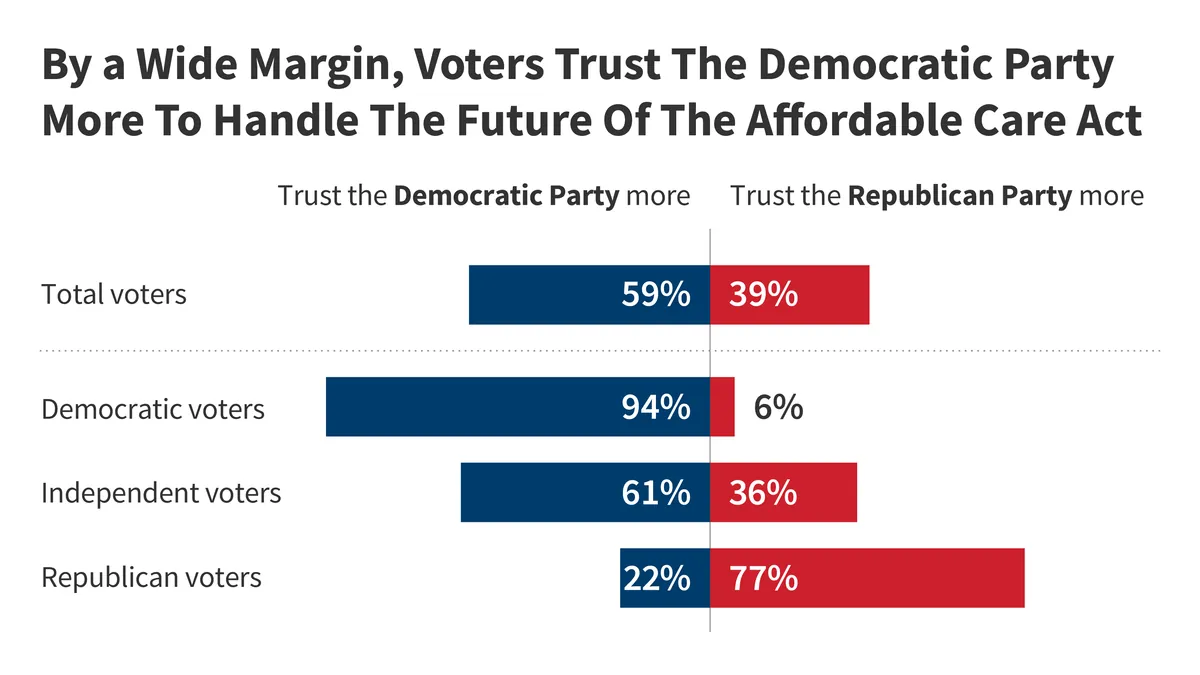GOP Candidates Shift Stance on Abortion Rights in Key House Races
Republican House candidates are adopting a new approach to abortion rights, distancing themselves from extreme positions. This strategic shift comes as polls show increasing support for reproductive rights.

In a significant shift, Republican candidates vying for control of the U.S. House of Representatives are adopting a more nuanced stance on abortion rights. This strategic pivot comes as the GOP grapples with the unexpected political fallout from the Supreme Court's decision to overturn Roe v. Wade in June 2022.
Mike Lawler, Michelle Steel, and Juan Ciscomani, all Republican representatives, have recently released campaign materials emphasizing their support for women's healthcare and reproductive rights. This marks a departure from the party's traditionally strict anti-abortion stance.
"I want you to hear directly from me: I trust women. I cherish new life. And I reject the extremes on abortion."
This shift in messaging is not coincidental. The National Republican Congressional Committee, founded in 1866, is actively promoting this new approach. It's an acknowledgment that the party may have misjudged the political impact of the Dobbs v. Jackson Women's Health Organization decision, which ended nearly 50 years of federal abortion rights protection.

Recent polling by the AP-NORC Center for Public Affairs Research, established in 2011, indicates growing support for abortion access among Americans. This trend has been particularly noticeable since the summer of 2024, more than two years after the Dobbs decision.
Democrats, led by Vice President Kamala Harris, are capitalizing on this issue. The Democratic Congressional Campaign Committee, also founded in 1866, is intensifying efforts to highlight Republican candidates' past and present positions on abortion.
The House Majority PAC, founded in 2011, has pledged to spend at least $100 million this election cycle on abortion-related campaign ads. This substantial investment underscores the Democrats' belief in the issue's potential to sway voters.
Meanwhile, anti-abortion groups like Susan B. Anthony Pro-Life America, established in 1992, are urging candidates to reaffirm their commitment to ending abortion. This creates a challenging balancing act for Republican candidates in competitive districts.
The upcoming election, now less than 50 days away, will test the effectiveness of these new Republican messaging strategies. With control of the 435-member House hanging in the balance, the outcome could hinge on how voters respond to candidates' positions on reproductive rights.
As the campaign enters its final stretch, both parties are fine-tuning their approaches to this sensitive issue. The results will likely shape the political landscape and policy debates surrounding abortion rights for years to come.


































